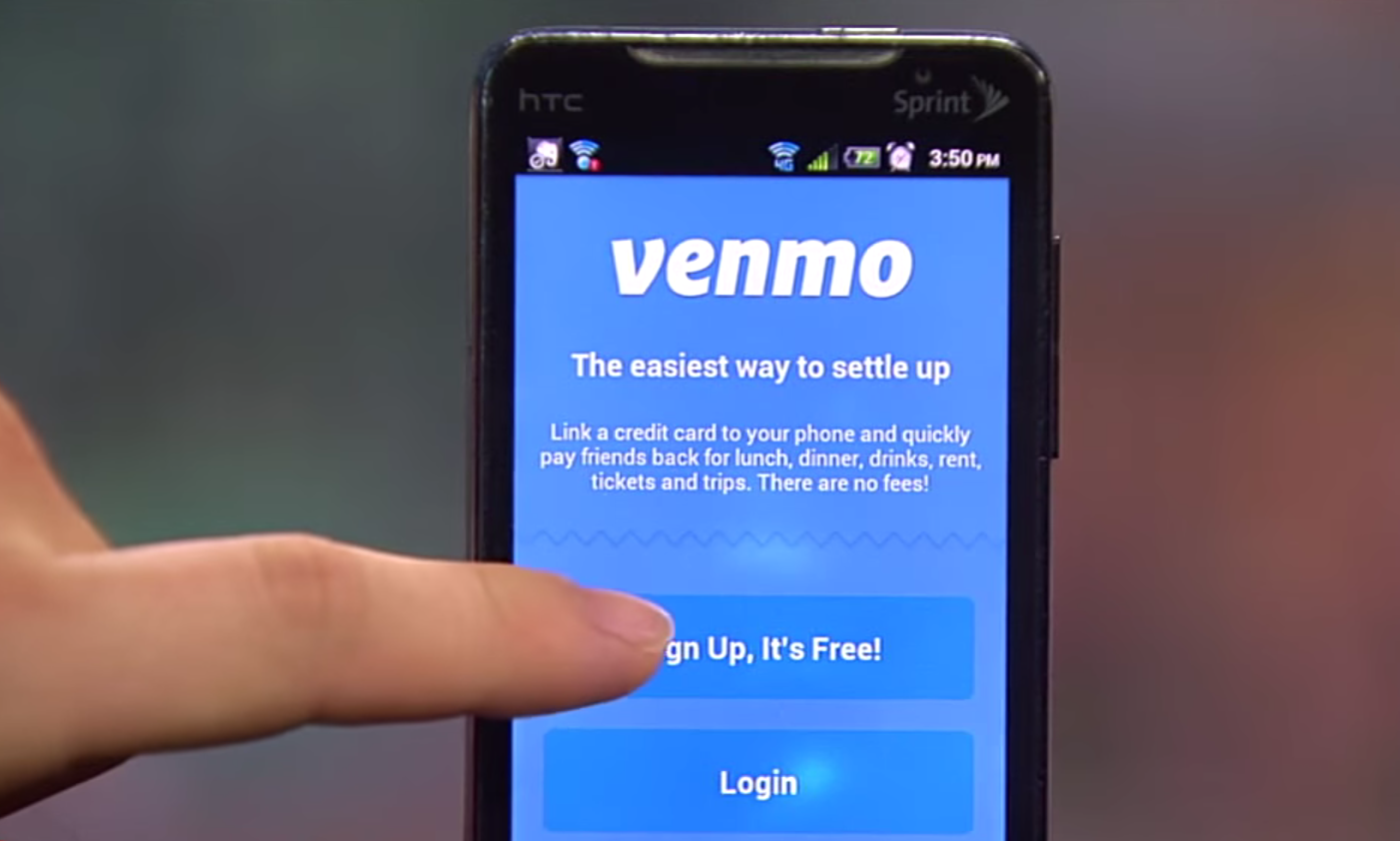It’s 9 p.m. on a Friday and your friend is tirelessly trying to get reimbursed for the money he spent on whatever the group happened to be consuming that night (use your imagination). For some, paying the group back involves digging through change, finding one last lucky dollar or writing yet another “IOU.” For others, paying off their debt is done with the click of a button.
The payment app Venmo has become the millennial’s digital blessing. In a world with Venmo, people are paid back on time and money is exchanged without a single piece of paper currency. Yet, many are wary. For one thing, having your bank account attached to a shiny blue app on your phone seems to scream, “steal my life savings” to any thief. Plus, downloading Venmo makes it even easier to spend frivolously, because it’s not really spending if you never see the physical money, right?
According to the Venmo website, all of the financial information put into Venmo is “encrypted, stored and protected on secure servers.” However, the website recommends that users “avoid payments to people [they] don’t know,” especially if these payments are for “a sale for goods and services.”
In a Time article from September 2015 entitled “The Scary Thing You Don’t Understand About Venmo,” author Ethan Wolff-Mann writes about how the app is misleading because it works as more of a virtual checkbook than a virtual wallet. This enables scammers to cancel payments before they are completely processed.
“We all know that when someone hands you a paper check, they can ‘cancel’ the check and the bank won’t release the funds, right?” He writes. “It’s basically the same thing.”
No wonder the app insists on not doing business with strangers.
So can Venmo be trusted as long as the money is in small amounts and being paid to friends? Or is the app just too fishy to risk losing money over?
“I use Venmo like every day or every other day,” said freshman accounting and finance major Kevin Xu. “When you go places with friends or you’re making different payments it’s just a really easy way to transfer money.”
Freshman physiology and neurobiology major Julia Maa agreed that Venmo is generally a useful tool.
“I pretty much use it every other week maybe,” she said. “It’s pretty convenient especially when you don’t want to carry around cash and stuff.”
Daniela Saez Cabezas, a freshman government and politics major, said she didn’t completely trust the app, but will occasionally get her brother to use his Venmo account to make payments for her.
“I think that with today’s technology it’s really easy to get on someone else’s phone or for my password to somehow get mixed up,” she said. “So if he’s already using it I might as well ask him to do it for me so my account isn’t compromised.”
This weekend you’ll probably be caught trying to Venmo your friend because they forgot to split the fare on your incoming Uber XL (imagine trying to explain that sentence to someone in 2009). Maybe for a brief second you’ll marvel at the amount of convenience these apps provide. Is this convenience coming at the cost of security? Well, it depends who you ask.



